How The Ferrari 250 GTO Became The World’s Most Valuable Production Car
The $51.7 million king of collector cars is among many sought-after models in Ferrari’s 250 series.
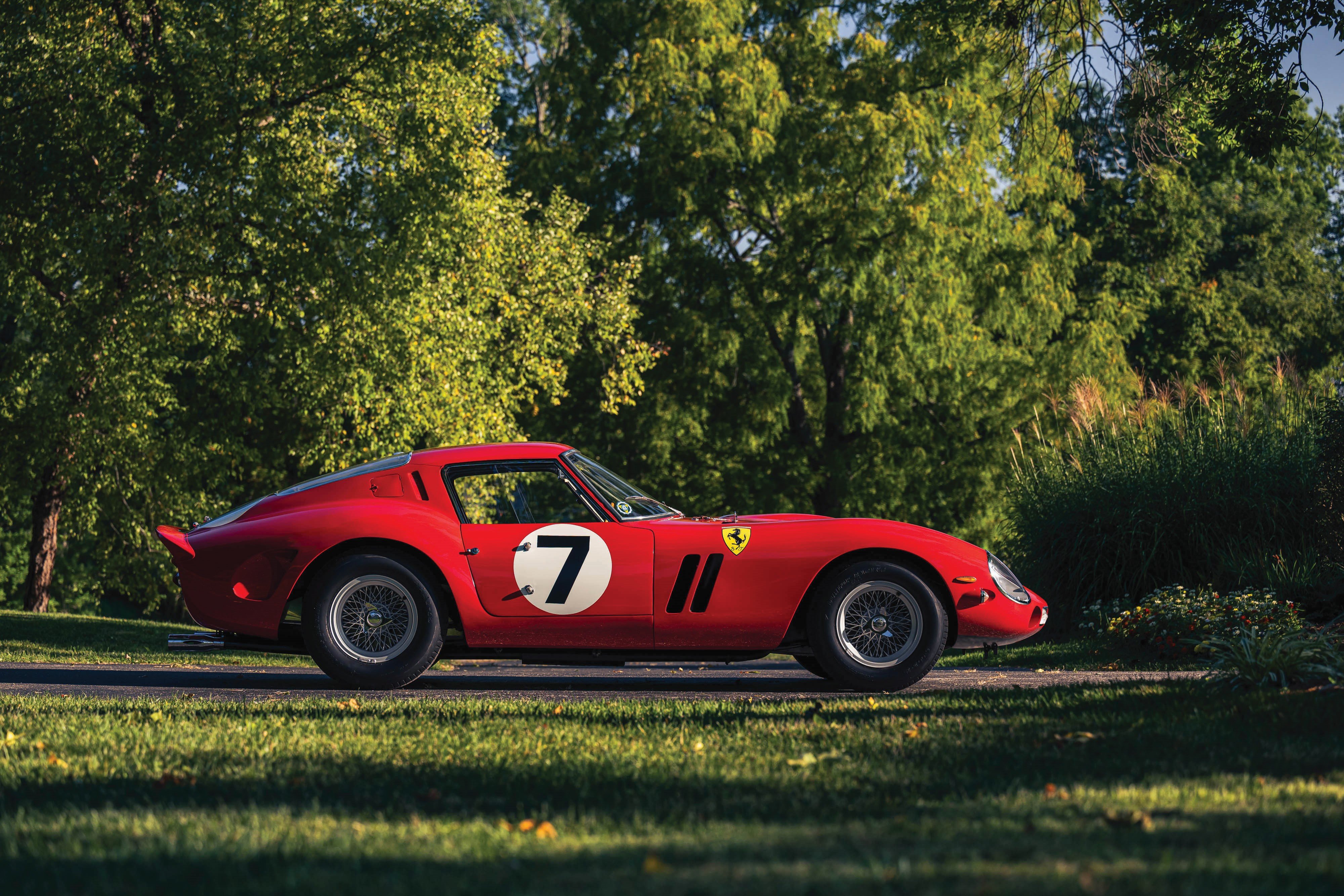
In late 2023, RM Sotheby’s presented a once-in-a-lifetime opportunity for the right deep-pocketed buyer to purchase a 1962 Ferrari 250 GTO. The specific vehicle, chassis No. 3765, fetched a staggering $51.7 million at auction and generated an avalanche of international headlines, many of which featured the words “most expensive Ferrari ever.” Unusually, the clickbait actually undersold the news.

Yes, this was the most expensive Ferrari ever sold at public auction—in fact, it took the record from another Ferrari 250 GTO that RM Sotheby’s auctioned for $48.4 million in 2018. But even more significantly, the 2023 sale made chassis No. 3765 the most valuable production car sold at auction, full stop. The only other automobile on earth that’s achieved a more numerable confirmed hammer price is the $142 million 1955 Mercedes-Benz 300 SLR “Uhlenhaut Coupé—a non-homologated, one-of-two prototype.
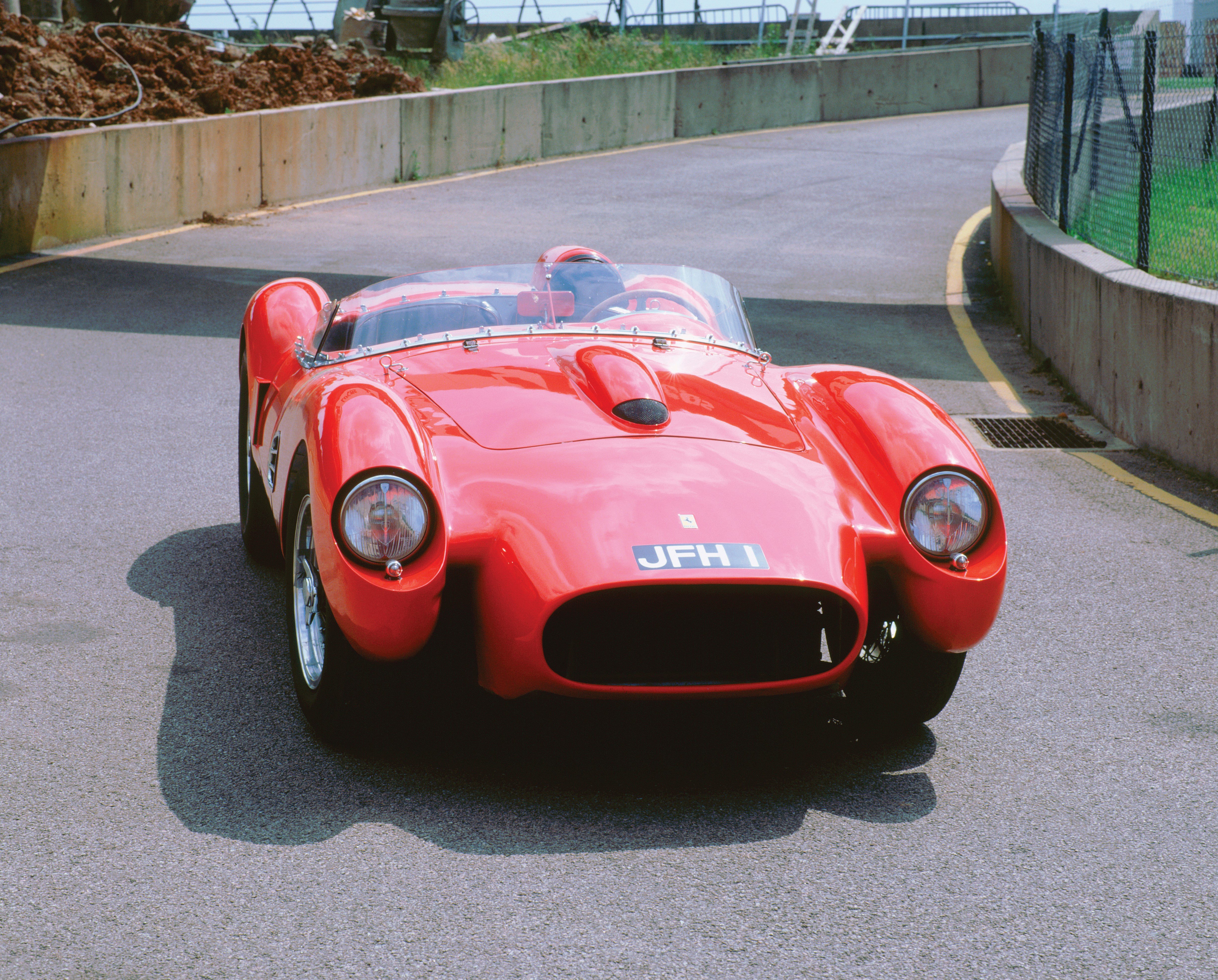
The 250 GTO is, of course, homologated (i.e, road legal); the “GTO” acronym stands for Gran Turismo Omologato, or Grand Touring Homologated in Italian. Powered by Ferrari’s famed 3.0-liter Colombo V12, it was purpose-built to “win on Sunday, sell on Monday” and thereby play into Enzo Ferrari’s entrepreneurial ethos of dealing road cars to fund race car development.
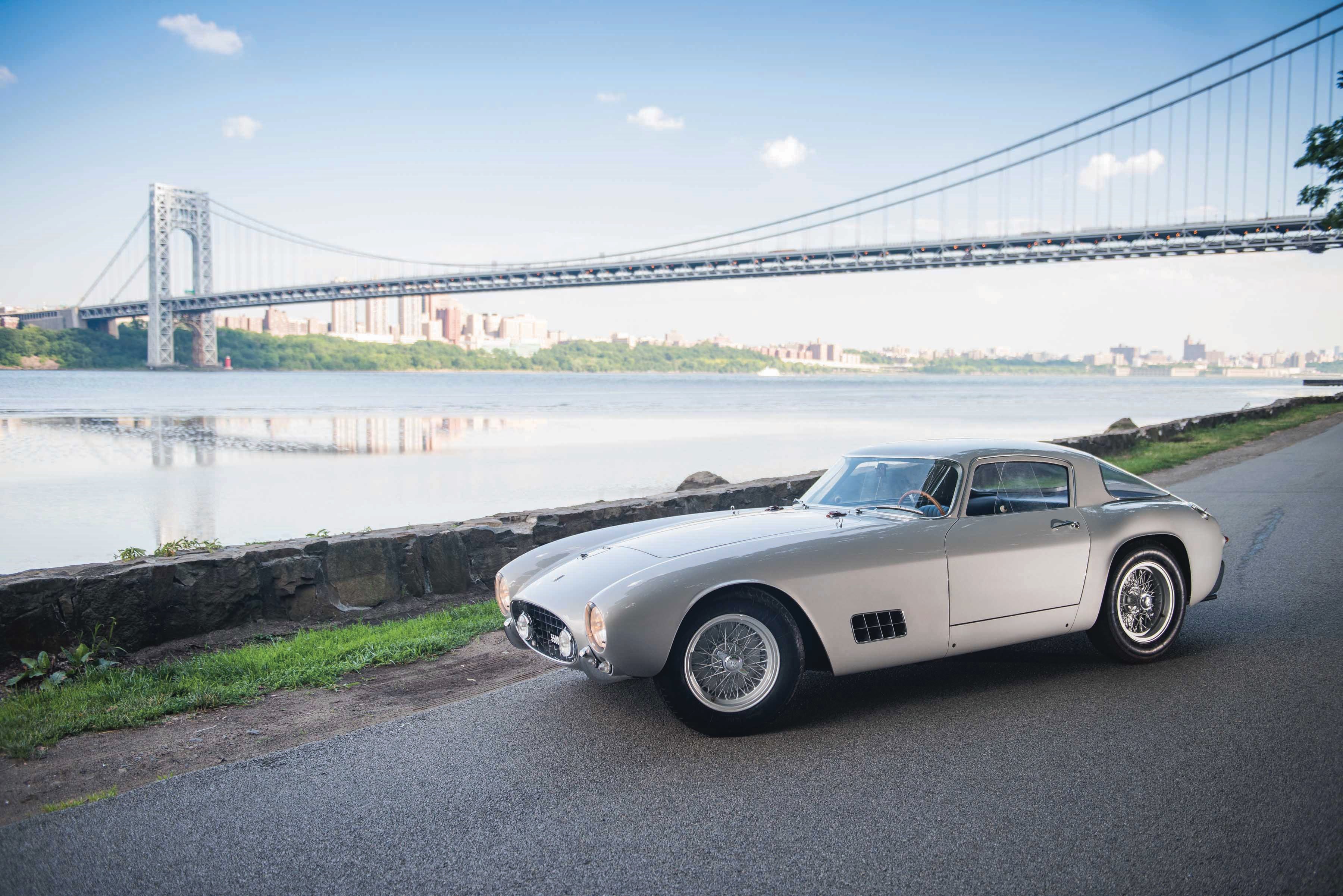
And win it did, achieving a hat trick of victorious seasons for Scuderia Ferrari from 1962 to 1964 in the FIA’s International Championship for GT Manufacturers. The first-place finishes occurred at elite endurance races like the Tour de France (in 1963 and 1964), 24 Hours of Le Mans (in 1962 and 1963) and the Nürburgring 1,000 km (in 1963 and 1964).
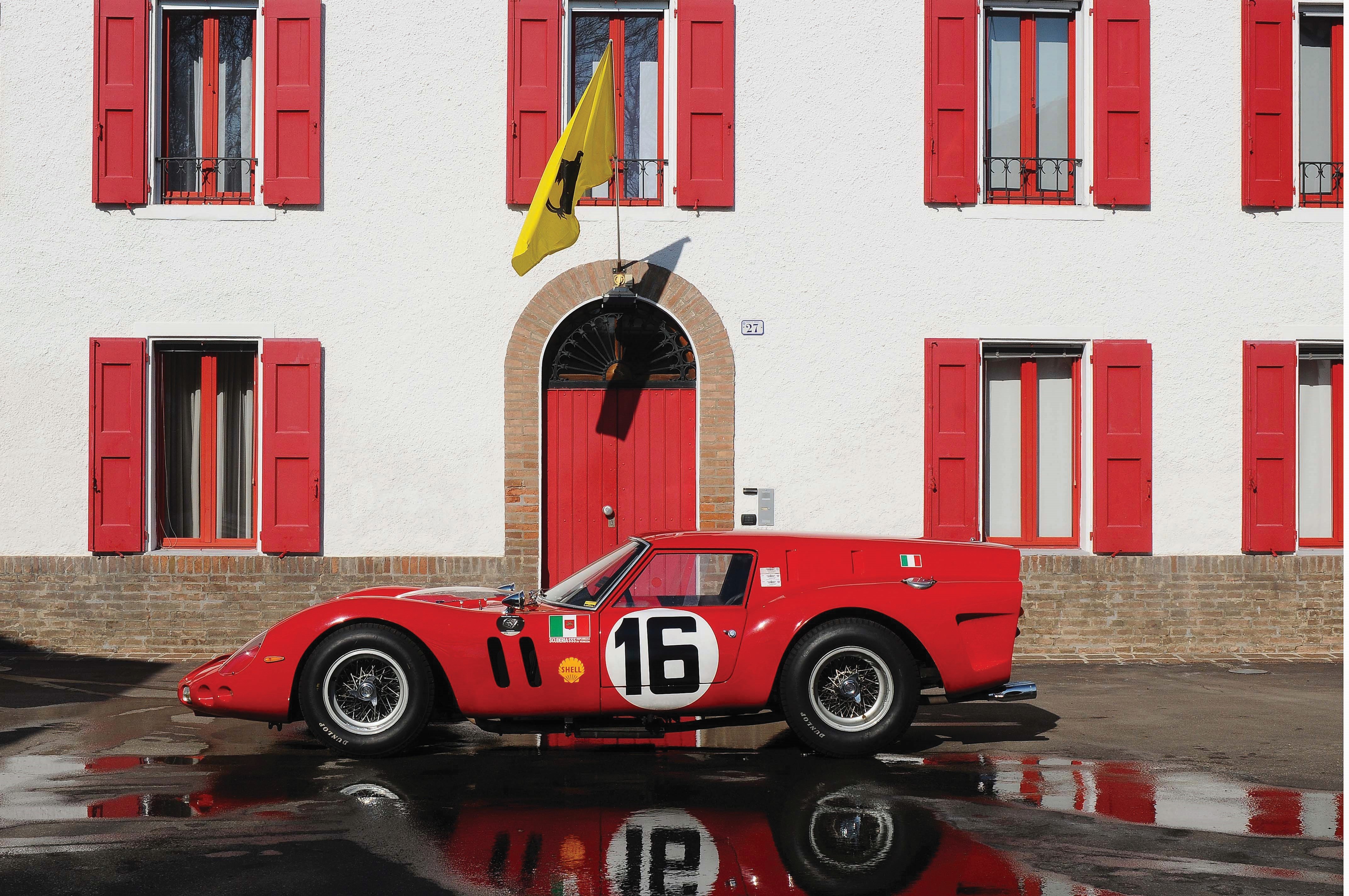
Though not a race winner per se, the sales record–setting chassis No. 3765 has a particularly fascinating racing history. Of the 36 Ferrari 250 GTOs produced from 1962 to 1964 and the 34 fitted with a Tipo 1962 body, chassis No. 3765 is the only one that ever ran a 4.0-liter V12 engine, which was fitted by Ferrari in response to 1962 endurance-race organizers’ adoption of a larger 4.0-liter class.
As opposed to other 250 GTOs that were sold to privateer-backed teams, this car also raced for Scuderia Ferrari at Le Mans and the Nürburgring. Following the conclusion of the 1962 racing season, chassis No. 3765 was converted back to the 250 GTO’s standard, 3.0-liter V12 specifications and lived the rest of its life as a head-turning road car.

“The 250 GTO was equally at home on the track or on the road and was perhaps the last GT car produced in small series with this characteristic,” says Andrea Modena, Head of Ferrari Classiche, the Italian marque’s exclusive department handling official certification, restoration and maintenance of its heritage cars.
“Among fans of the Ferrari marque, the 250 GTO rapidly achieved legendary status; it has become one of the icons in Ferrari’s history, and its fame has made it one of the most sought-after cars among collectors.” Given its desirability, rarity and value, any Ferrari 250 GTO example immediately becomes the crown jewel of a collection upon acquisition.
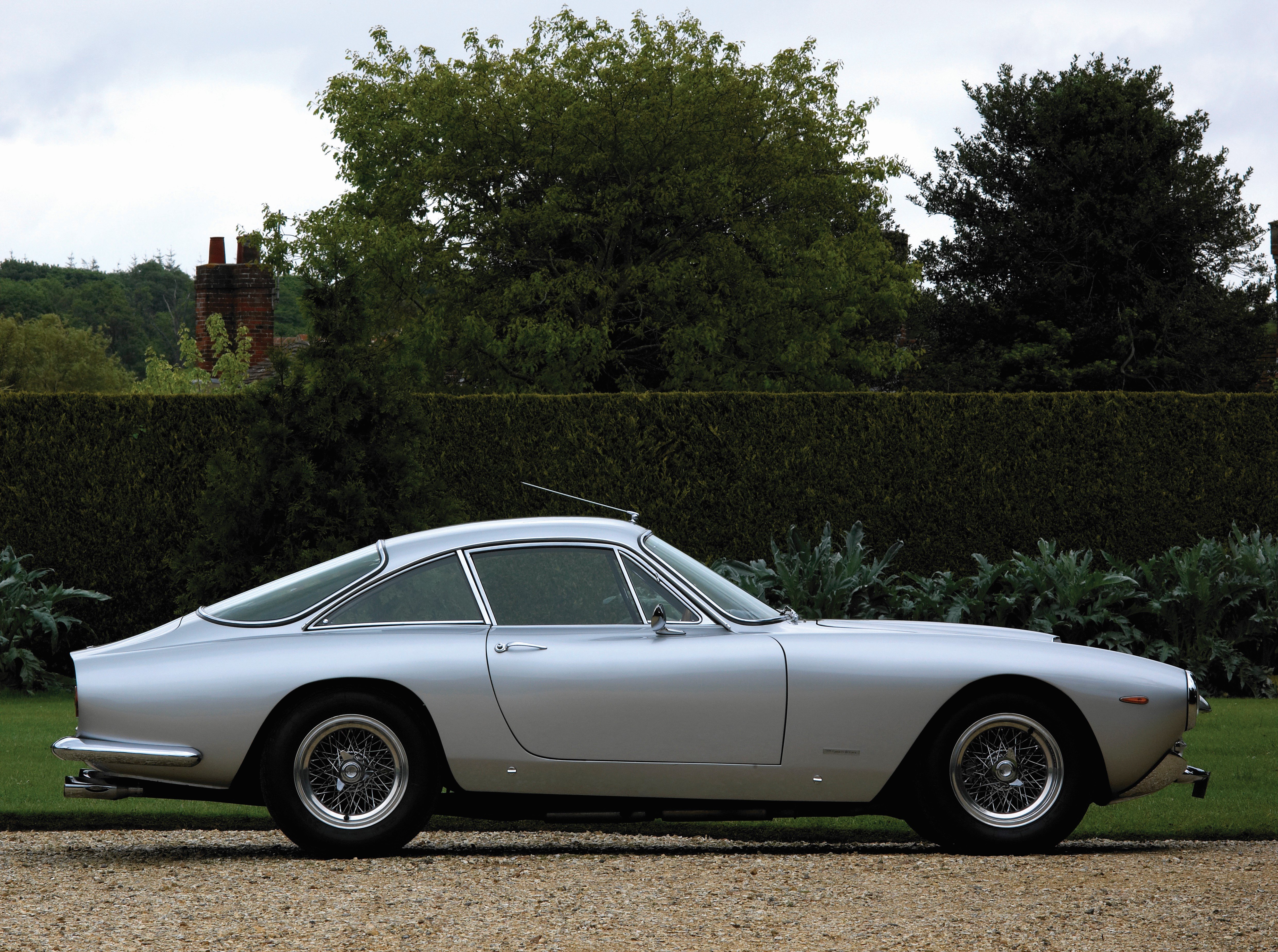
Hagerty, a highly regarded classic car insurance company that tracks the values of covetable rides, has calculated that chassis No. 3765’s $51.7 million sale represents what a 250 GTO would be worth in merely “Fair” condition—the least of four conditions also including “Good,” “Excellent” and “Concours.” The value of the right Ferrari 250 GTO in that latter, most pristine condition can swell to an eye-watering $72 million.
“The 250 GTO is the king of cars, the peak expression of the Ferrari 250 line, which is arguably the line that solidified Ferrari’s reputation,” Brian Rabold, Hagerty’s Vice President of Automotive Intelligence, tells us.

“The car hails from a time when race cars still bore a resemblance to what could be driven on the street. Moreover, it looks great, has tremendous performance and is still usable. It isn’t the rarest of the 250s, and it isn’t the most potent, but it is the best of the breed.”
That entire “breed”—the Ferrari 250 series of sports cars and grand tourers built from 1952 to 1964—has exceptionally rich blood. Of the top 30 most expensive cars ever sold at auction, 11 are from the sought-after Ferrari 250 series.

“The Ferrari cars that bear the number ‘250’ in their name represent the perfect combination of elegance, versatility and performance…. Ferrari’s philosophy is fully embodied by these cars, which are capable of the highest level of sporting performance but, at the same time, globally renowned as icons of luxury and exclusivity,” Modena says when asked about the 250 series’ place in Prancing Horse history.
“All these elements contributed to some of these cars reaching the highest market values among classic Ferraris. This series is, for all these reasons, one of the factors that truly helped build the legend of the Maranello marque in its early days.”
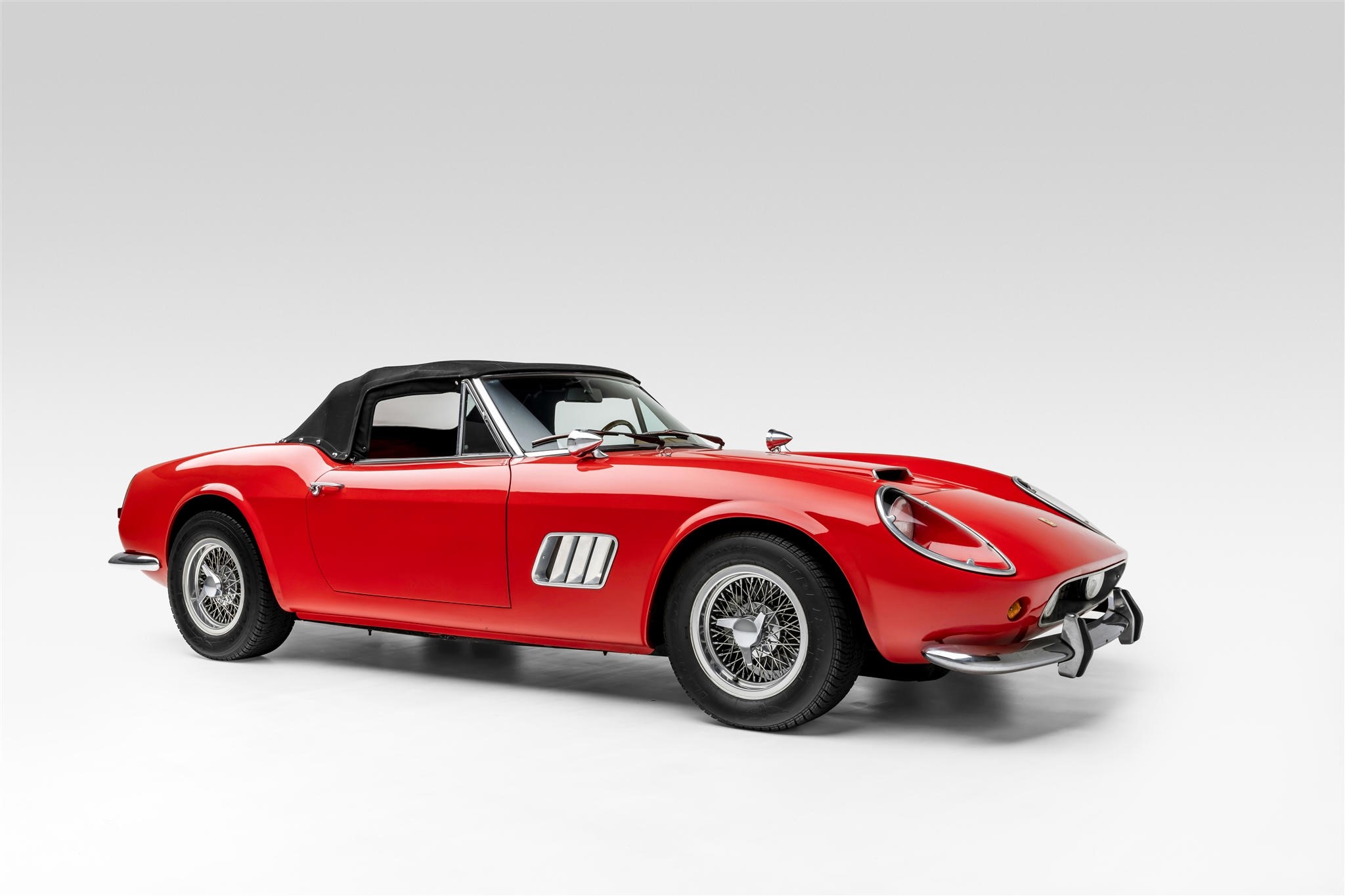
We’ve mentioned two of the Ferrari 250 GTOs that reign as the second- and third-most expensive cars ever sold at auction. Another Ferrari 250 GTO, sold by Bonhams for $38.1 million in 2014, follows in fourth, but the Ferrari 250 series doesn’t appear again on the “most expensive” list until position No. 22 with the Ferrari 250 California.
Hailed by Rabold as “simultaneously shapely and aggressive…one of the prettiest shapes ever put on wheels and the top-dog open-air production Ferrari,” this 1959 model fetched $18.4 million at an Artcurial auction in 2015.

Several more 250 Californias appear in subsequent positions,. The 1961 model-year 250 California is know to movie car lovers as the ill-fated test subject of the “odometer-reversing” experiment seen in 1986’s Ferris Bueller’s Day Off—don’t worry; the car crashed onscreen was a replica. Another real 250 California example was auctioned by Gooding & Co. for $17.2 million in 2016.
Meanwhile, the 250 GTO’s successor, the 250 LM (Le Mans), takes spots 28 and 30 with respective sales of $17.6 million by RM Sotheby’s in 2015 and $17.1 million by Artcurial in 2023. Its name proved prophetic—the model took first in the 1965 running of Le Mans, giving Ferrari its last victory at the grueling event until the Ferrari 499P won in 2023.

Those seeking a more attainable Ferrari 250 series model would do well to delve further into the various Ferrari 250 GT variants. While the 250 California, which technically falls under the 250 GT umbrella, goes for eight-figure sums; the larger, more luxurious and also-open-topped Ferrari 250 GT Cabriolet can be had for between $725,000 and $1.7 million, depending on condition and body style. And the gorgeous 250 GT Berlinetta Lusso, famously owned by Steve McQueen and Eric Clapton, is valued at anywhere between $975,000 and $2.5 million.
Aside from price, there are several other factors for aspiring Ferrari 250 collectors to consider. “In terms of an investment, buying the best of the best is always a safe bet,” says David Brynan, Senior Specialist at Gooding & Company, one of the world’s leading classic-car auction houses. “Think competition cars with exceptional race histories and ultra-rare coach-built models.”
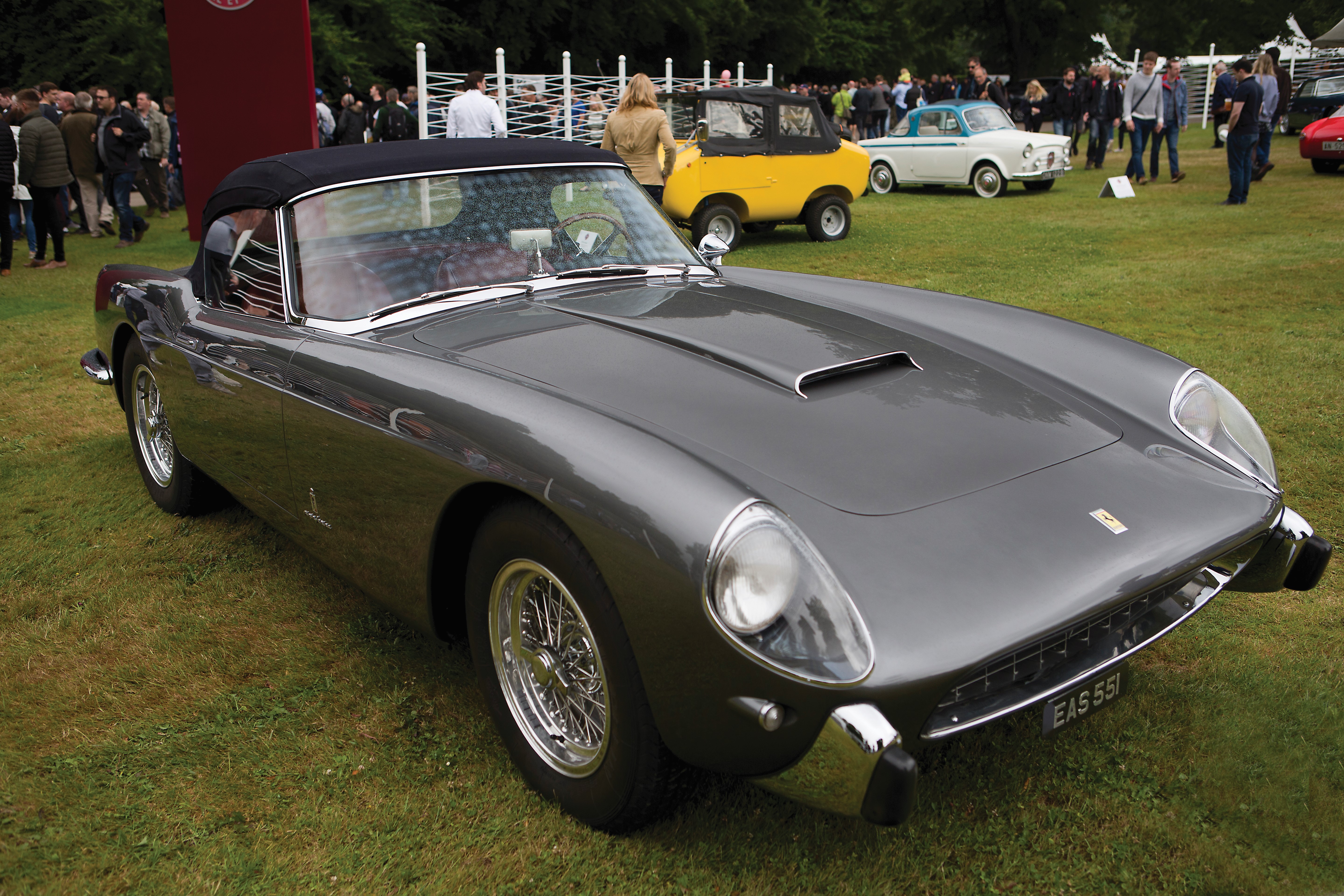
“That said, if you want to enjoy a Ferrari 250 for many years, a 250 GTE 2+2”—valued at $285,000 to $520,000—“offers a relatively approachable price of entry. These cars are still elegant, enjoyable (and exciting) to drive in modern traffic; people don’t realize how simple and relatively easy they are to maintain compared to modern high-performance cars,” adds Brynan.
While Rabold notes that Ferrari 250 prices, along with other classic car prices, have been holding steady since 2019, “I don’t think that will be an enduring trend,” he tells us. “These cars are incredibly rare and such an important part of Ferrari’s history, which Ferrari fully celebrates. And the Ferrari brand and heritage has never been stronger.” Forza Ferrari.
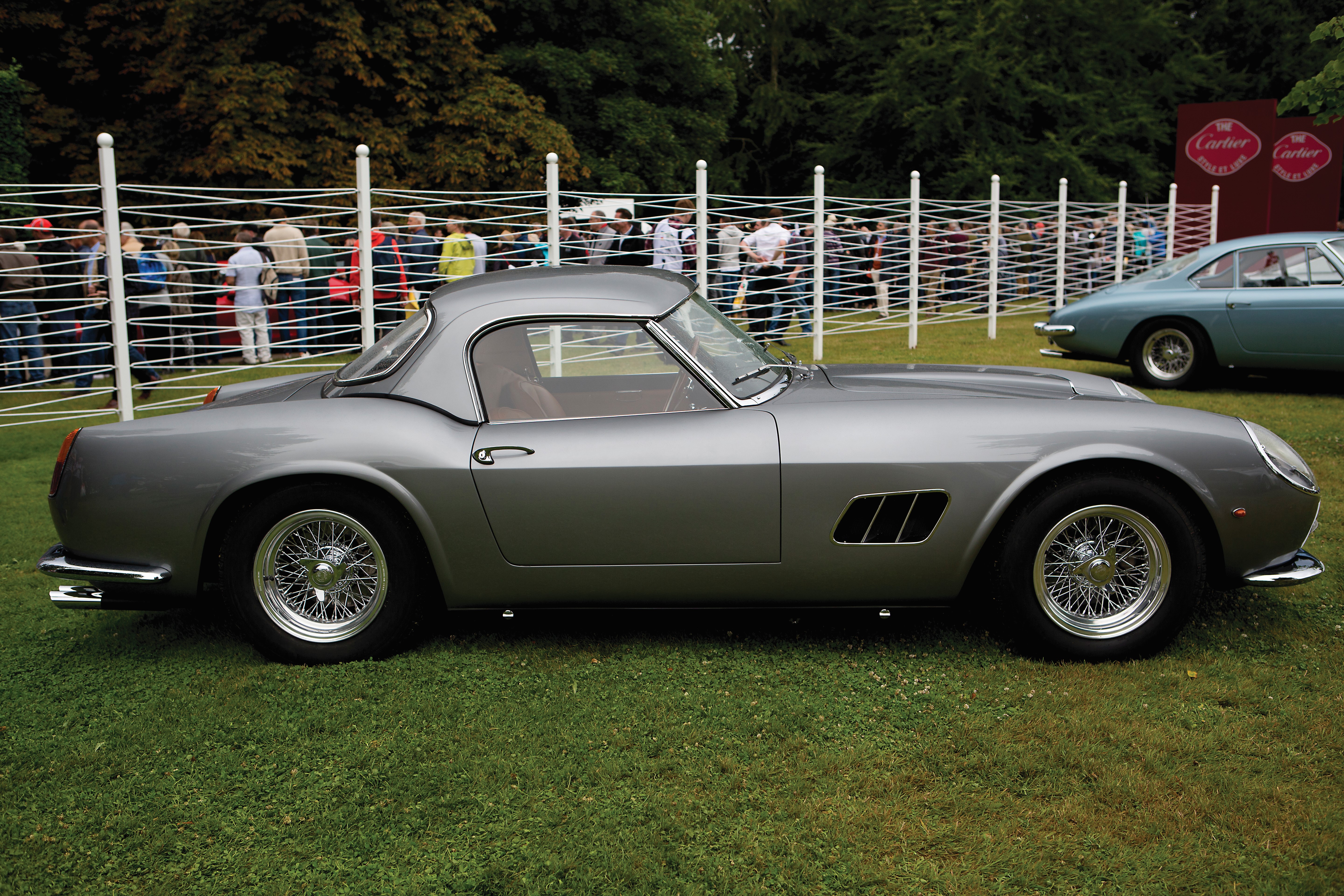
This article originally appeared in the May/June 2024 issue of Maxim magazine.
